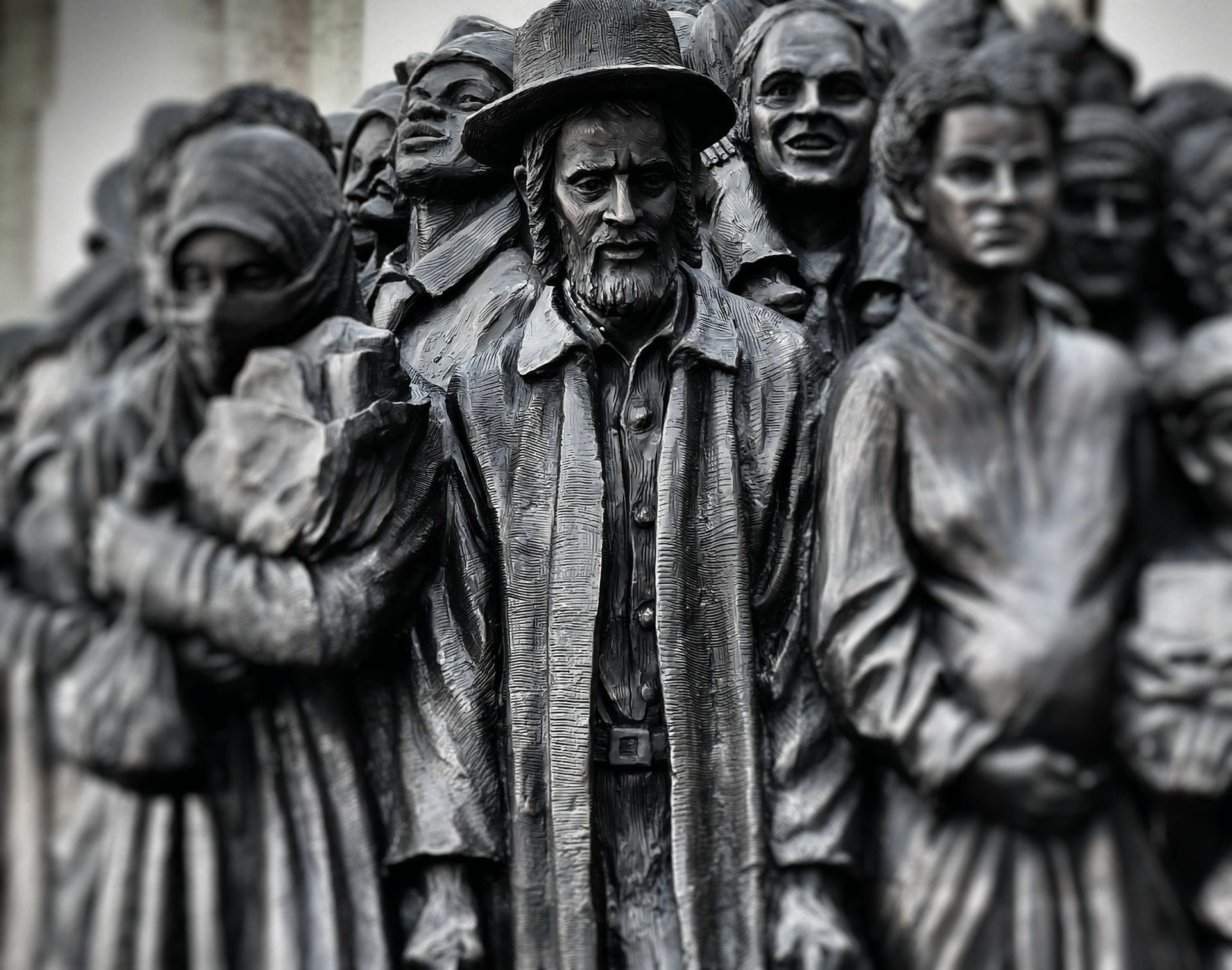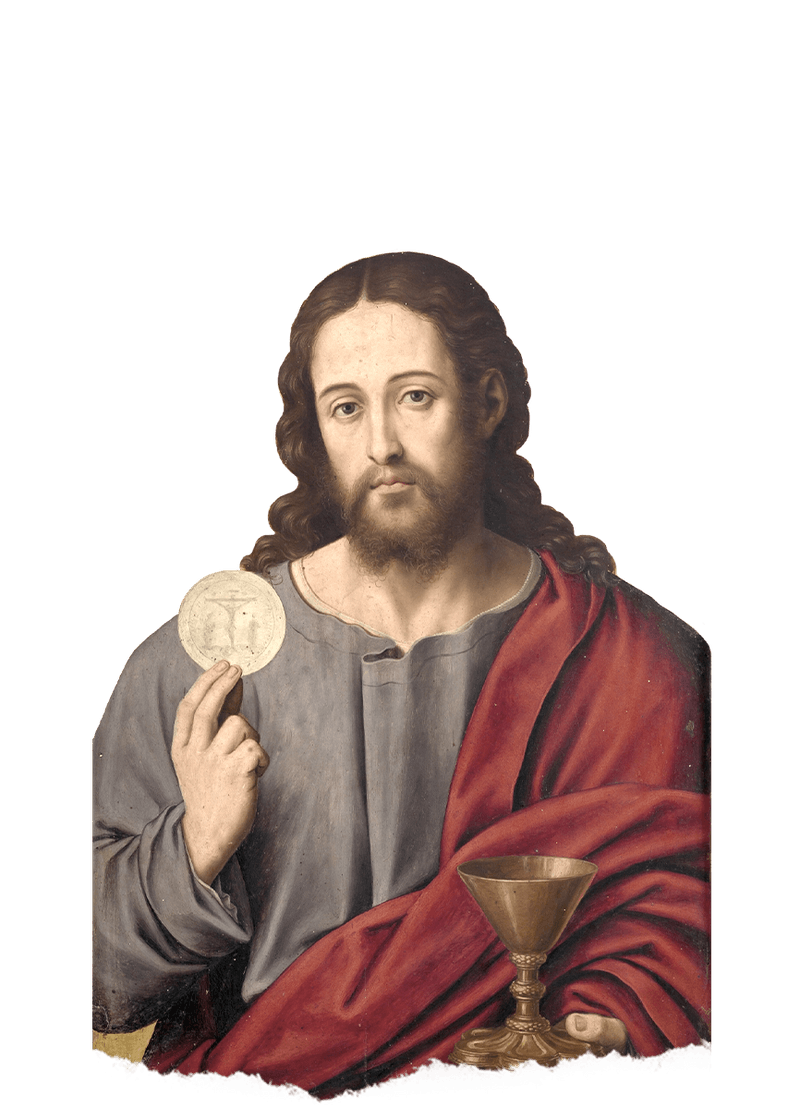It is almost Christmas and yet, it is still advent. Advent will not leave us without the Blessed Virgin Mary who is so central in the incarnation of the Son of God. It is still Advent and will not go anywhere without the Blessed Mother. In fact, Mary has been with us for the most part of December. The weekday readings predominantly recount the infancy narratives along with the astonishing story of the Annunciation proclaimed today -the shocking announcement of the divine plan of salvation heralded by the ecstatic angel Gabriel, the initial (hesitant) response which could have gone otherwise, the friendly assurance of the messenger letting her know not to worry about anything for God is in complete control of the situation and the final response- the humble reception of the message relying entirely on a power outside her. Mary's humble acceptance of God's timeless invitation and the keeping of things close in her heart has become the hallmark of discipleship. She represents the hidden, the invisible, the often-ignored and taken for granted inner life without which any minister would run around empty and easily fall prey to the greatest showman ever - the devil. Spending time in silence with God is a requirement of faith, the enduring force that holds life together. Mary represents the receptive dimension of faith. Mary is the exemplar of things unseen, unpublished, behind the scenes, off-camera, the stuff that go unnoticed but an absolutely necessary component in faith life. In the sacred writings, Mary shows us the indispensable value of receptivity - a spiritual discipline that freely puts oneself on the receiving end, doing nothing at all but ponder the depths of things. This is a spiritual exercise that is easily overlooked as unnecessary in the scheme of things.
“The Angel Gabriel was sent from God to a town of Galilee called Nazareth, to a virgin betrothed to a man named Joseph…” The annunciation is chronologically related to the birth of John the Baptist. In fact, it follows the timeline…in the sixth month (March 25). They were relatives. On Mary’s visit to her cousin Elizabeth, Jesus and John encountered each while still in the womb. On that visit, John leapt in her mother’s womb and filled Elizabeth with the Holy Spirit. In the Annunciation of the birth of Jesus by the angel Gabriel to Mary, God went to the periphery and not to the metropolitan with glittering lights. Under divine dispatch, Gabriel went to the outskirts. He favored a little town with dirt roads named Nazareth (no more than 1000 square foot) and an assuming young woman/virgin named Mary.
The divine messenger’s salutatory address at his visit Hail! Rejoice! was an extraordinary moment of joy to the nature of God’s invitation. Many of us have asked about the Joy of Advent. What is there to rejoice amid a raging virus when many of the religious and social practices and tradition have been postponed. One of the joys of advent can be found in the Annunciation of the miraculous birth of Jesus to Mary. It is noteworthy that joy and grace go together. They are inseparable and almost synonymous. A person who is joyful is graceful and vice versa. The announcement was that Mary was going to bear a child and his name will be Jesus. He will be great and will be called Son of the Most High/Son of God. God will give him the throne of David his Father and he will rule over the house of Jacob forever and his kingdom will have no end. The Holy Spirit will come upon you and the power of the Most- High will overshadow you (Luke 1:35). God has not forgotten the promise of a kingdom founded on faith and love and not worldly affairs.
The initial response of Mary was that she was deeply troubled and pondered on the message. She did not hesitate nor was fearful. It was an internal dialogue with her heart. It was inner engagement with the word of God that has just been received. Mary was pious and devout. This reaction was not new nor alien to her. She was poised and completely composed amid a troubling message. She knew the context and the circumstances surrounding it.
How can this be since I have no husband? (Lk. 1:34). How can this be since I have no relations with a man? She did not doubt. Although it was a mind- boggling invitation and incomprehensible message considering that she was already betrothed to Joseph. St. Augustine said that she took a vow of virginity. She entered into betrothal to protect her virginity. She had no dealings with a man. Still, it is troubling. But the angel confirmed that her motherhood will come in an extraordinary way. The Most High will overshadow her and will come through the power of the Holy Spirit. For nothing will be impossible for God (Lk. 1:37).
And her most humble famous Fiat! Yes! to the invitation. "Behold, I am the handmaid of the Lord. Let it be done to me according to your word" (Lk. 1:38). God needed our freedom. God respects human freedom. To redeem humanity, God needs our yes to his will. In a way, God is dependent on our freedom. He cannot force us.
"And the angel departed from her" (Lk. 1:38). After a brief encounter, she was faced with an unbearable and daunting task. The image and statue of the Blessed Mother slightly bowed down in a pensive mood while standing on top of the world and crushing the serpent speak volumes. She was alone, by herself in these dark moments. In isolation, in quarantine, we turn inwardly. We ask tough questions. The matters are so unintelligible by human comprehension but so close and dear to the human heart. As we relentlessly long for peace and yearn for God, Rejoice! Full of Grace! Do not be afraid! Amen.
PARISH BLOG



ABOUT US
WELCOME
SAINTS AND SINNERS, FAITHFUL AND UNFAITHFUL, RELIGIOUS AND OTHERWISE
USEFUL LINKS
CONTACT INFO
IMMACULATE CONCEPTION
928 C Avenue, P.O. Box 1176
Douglas, AZ 85607
PHONE: (520) 364-8494
ST. BERNARD AND MISSIONS
2308 N. McKinley St., P.O. Box 3101
Pirtleville, AZ 85626
(520) 364-2762
ST. LUKE
1211 E 15th St., Douglas, AZ 85607
(520) 364-4411
FLOCKNOTE SIGNUP
Diocese of Tucson News: Do you miss our diocese's former print newspaper “The Outlook”? Did you know that we now have an online version called: “The New Outlook”? Sign up for it today and it will automatically go to your email every week. It is entirely free, and it informs our readers about inspiring and important local, national, and international Catholic issues and events. To sign up for the “The New Outlook”
Log on: https://news.diocesetucson.org/subscribe
Enter your name and email address and you will begin receiving “The New Outlook” weekly in your email.
May God bless you abundantly!
Bishop Edward J. Weisenburger
